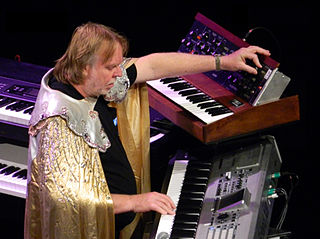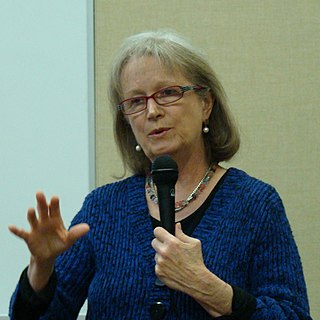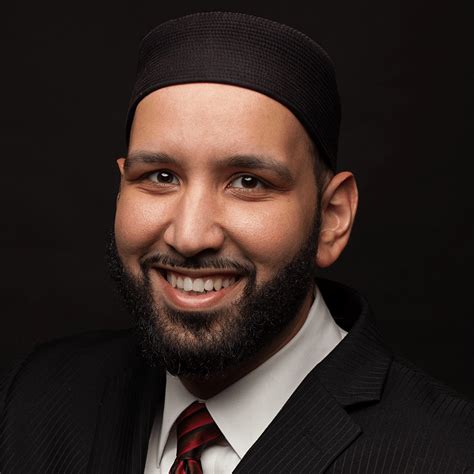A Quote by Stephen Karam
I'm always very self-conscious and assume the way faith or religion might come up in my plays will seem very harsh to people of faith, or who are currently practicing.
Related Quotes
A faith in culture is as bad as a faith in religion; both expressions imply a turning away from those very things which culture and religion are about. Culture as a collective name for certain very valuable activities is a permissible word; but culture hypostatized, set up on its own, made into a faith, a cause, a banner, a platform, is unendurable. For none of the activities in question cares a straw for that faith or cause. It is like a return to early Semitic religion where names themselves were regarded as powers.
There is no such thing as a faithless person; we either have faith in the power of love, or faith in the power of fear. For faith is an aspect of consciousness. Have faith in love, and fear will lose its power over you. Have faith in forgiveness, and your self-hatred will fall away. Have faith in miracles, and they will come to you.
There are very good Christians who are compassionate and caring. And there are very bad Christians. You can say that about Islam, about Hinduism, about any faith. That is why I was saying that it was not the faith per se but the adherent. People will use their religion to justify virtually anything.
We don't always possess faith in the sense of having a clear embodiment of something to hang on to. The relationship between the intellect and faith is a very curious one. Sometimes the intellect can point us to faith, sometimes the intellect can stand in the way of faith. Sometimes, as St John of the Cross points out, we have to darken or blind the intellect in order to have faith.
My faith plays a big part in my life. And when I was answering that question what I was really saying to the person was that I pray a lot. And I do. And my faith is a very, it's very personal. I pray for strength. I pray for wisdom. I pray for our troops in harm's way. I pray for my family. I pray for my little girls.
My scientist friends have come up with things like 'principles of uncertainty' and dark holes. They're willing to live inside imagined hypotheses and theories. But many religious folks insist on answers that are always true. We love closure, resolution and clarity, while thinking that we are people of 'faith'! How strange that the very word 'faith' has come to mean its exact opposite.
I prayed for Faith, and thought that some day Faith would come down and strike me like lightning. But Faith did not seem to come. One day I read in the tenth chapter of Romans, 'Now Faith cometh by hearing, and hearing by the Word of God'. I had closed my Bible, and prayed for Faith. I now opened my Bible, and began to study, and Faith has been growing ever since.
I tell people this over and over again: don't attach your faith to people. People will come and go. People will disappoint you. People will divulge dark secrets. People will turn out to be the opposite of what you thought. Allah is perfect. His Messenger (peace be upon him) is a perfect example, and the religion is a perfect methodology. Attach yourself to the principles instead of the people. That way no Shaykh going wild or role model going rogue will be able to shake your faith.
Faith is the leading grace in all our spiritual warfare and conflict; but all along while we live, it hath faithful company that adheres to it, and helps it. Love works, and hope works, and all other graces, — self-denial, readiness to the cross, — they all work and help faith. But when we come to die, faith is left alone. Now, try what faith will do.
Faith is the avenue to salvation. Not intellectual understanding. Not money. Not your works. Just simple faith. How much faith? The faith of a mustard seed, so small you can hardly see it. But if you will put that little faith in the person of Jesus, your life will be changed. He will come with supernatural power into your heart. It can happen to you.
Have faith in man, whether he appears to you to be a very learned one or a most ignorant one. Have faith in man, whether he appears to be an angel or the very devil himself. Have faith in man first, and then having faith in him, believe that if there are defects in him, if he makes mistakes, if he embraces the crudest and the vilest doctrines, believe that it is not from his real nature that they come, but from the want of higher ideals.






































